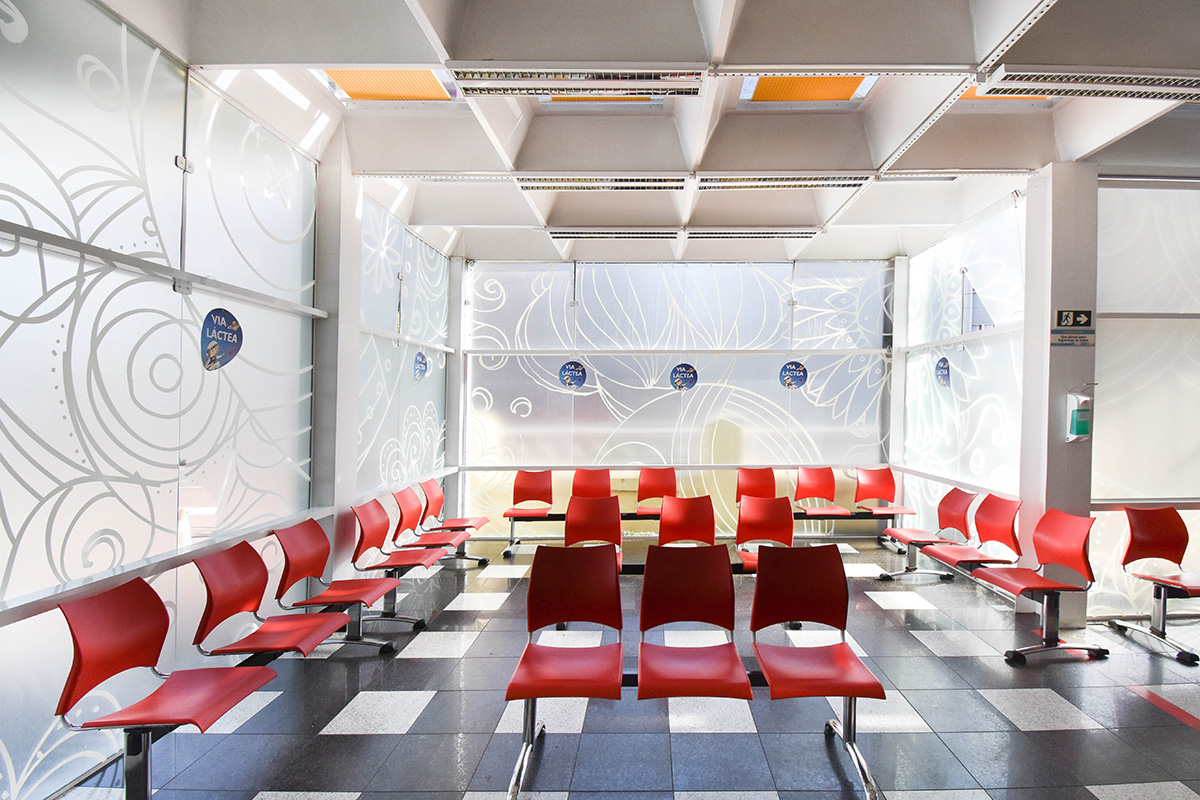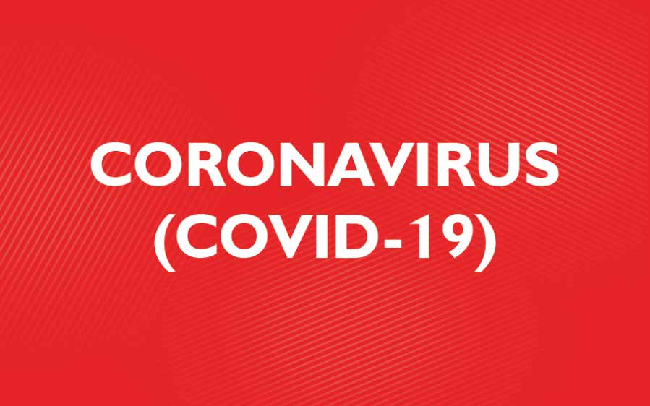2-year-old patient wins the battle against the coronavirus while recovering from transplant
Most children and adolescents treated with COVID-19 show good evolution

Vicente just turned 2 years old. The party, with balloons, cake and “Happy Birthday to You”, was shared only with parents and a small group of physicians and nursing professionals, in an ICU room at Pequeno Príncipe Hospital. In addition to celebrating his birthday, Vicente had one more great reason to celebrate: he faced and won the coronavirus while recovering from a bone marrow transplant.
“Since he was three months old, Vicente had many infections, with several hospitalizations. In October of last year, we arrived at Pequeno Príncipe and it was then that he was diagnosed with a rare disease (inherited Lymphoproliferative Syndrome linked to the X chromosome type 2), which best possible treatment is a bone marrow transplant,” says the mother Tatiana Pezzarolo.
As soon as the diagnosis was made, with indication for transplantation, the search for compatible donors in the world marrow bank began. Two 100% compatible donors were found in Europe. However, the donation was suspended because both were recovering from COVID-19. “As Vicente was already very weak, we opted to transplant his father’s marrow, 50% compatible,” explains Tatiana. A few days after winning the COVID-19, the little warrior could also celebrate the success of the transplant. Now, he is waiting for complete recovery to return home.
Vicente is one of the 11 patients assisted at the Hospital with a confirmed diagnosis of COVID-19. The first suspected case of the disease at the institution was registered on March 4. Since then, more than 150 children and adolescents have been investigated. The confirmed cases were, on average, 5 years old, the youngest being only five months old, and the oldest, 16 years old.
According to infectologist Victor Horácio de Souza Costa Junior, of the 11 confirmed cases, four had other associated diseases. “As seen in adults, the two patients who were in a serious condition had other comorbidities,” he says.
A patient with a severe progressive neurological disease, unfortunately, died. Another, with myelomeningocele, developed the Multisystemic Inflammatory Syndrome and was in a very serious condition, with renal and cardiac condition. After 45 days in the ICU, he was released on May 31.
Multisystemic Inflammatory Syndrome has been reported by doctors in Europe and in the United States. Recent British publications states eight cases, including one death. In these patients, fever and inflammation were observed in several organs, such as heart, gastrointestinal, renal, hematological, dermatological and neurological systems. Respiratory symptoms were not present in all cases. In the United States, more than 100 similar cases have been reported. The Brazilian Society of Pediatrics issued an alert to Brazilian pediatricians on the subject.

Warning
The infectologist sends an important warning to parents and caregivers of children. As with all other diseases, he emphasizes that early diagnosis makes a lot of difference in the conduct of treatment and in the COVID-19 cure chances in children. “We have seen many boys and girls arrive with respiratory conditions and other serious situations, because the parents tried to solve the problem at home, medicating these patients on their own. This masks the symptoms and can aggravate the cases,” warns Costa Junior.
At the Pequeno Príncipe Hospital, care flows were created to separate patients suspected of having COVID-19 from others, thus ensuring the safety of children and adolescents treated at the institution and their families.
Watch the video from Rede Paranaense de Comunicação (RPC)/Rede Globo, about Vicente’s story.
More
Companies, governments and individuals support the Pequeno Príncipe in the fight against the coronavirus
Financial resources are essential to face the deficit generated by the pandemic, which is added to the already existing gap caused by underfunding in the health sector
COVID-19 Report
Until 10 a.m. on June 5, the Pequeno Príncipe Hospital treated 152 suspected cases of the disease, 11 of which were confirmed




